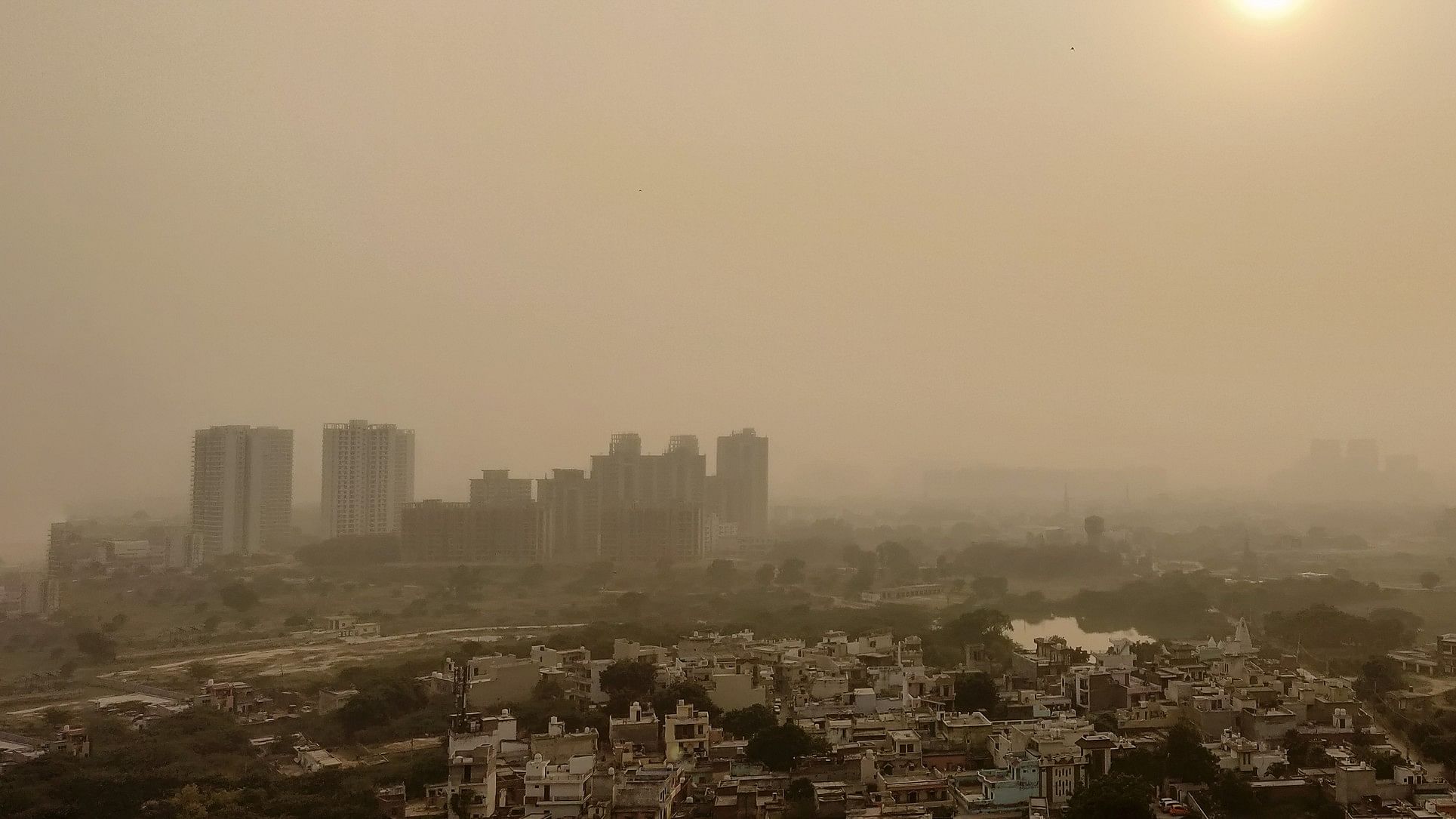
Representative image showing air pollution.
Credit: iStock Photo
Mumbai: As Mumbai and Pune brace for the onset of winters- a period marked with deteriorating air quality - a consumer survey has revealed that 99 per cent of the respondents across both cities recognise the importance of last-mile delivery companies adopting electric vehicle (EV) fleets to reduce air pollution and emissions.
Further, 70 per cent of the total consumers surveyed are willing to switch to brands with strong emission reduction commitments and action.
Last Mile Delivery refers to the transportation of goods from its distribution hub to the door of the customer. As of 2024, the last mile delivery sector alone is responsible for the emission of 5,00,000 tonne of CO2, a greenhouse gas, into the atmosphere.
These findings, which are a part of a consumer survey, were released by the Sustainability Mobility Network on the World EV Day.
“The last mile delivery (LMD) sector has gained importance with the rising popularity of e-commerce. It has not only enhanced consumer convenience, but also contributed to higher emissions. Public policy must be people centric. The survey report comes at a crucial time, when our landmark EV Policy is slated for revision next year. It highlights how the LMD sector is influenced by consumer preferences,” said Abhijit Ghorpade, Director, Maharashtra State Climate Action Cell.
“Air quality in Mumbai and Pune have been deteriorating rapidly in recent years. The extreme surge in vehicles compounded by the advent of quick commerce, food and e-commerce delivery vehicles are adding to the cities’ woes. We need these delivery vehicles to be urgently shifted to Electric Vehicles (EV) to reduce emissions and give our children the clean air they deserve,” added Bhagwan Keshbhat, CEO, Waatavaran Foundation.
Sanjiv Gopal, Chief of Strategy, Asar, said, “As companies increasingly embrace their corporate responsibility, integrating accelerated EV transition into their plans is both a valuable contribution and strategic opportunity.”